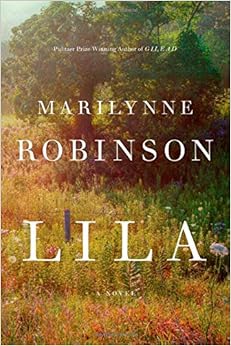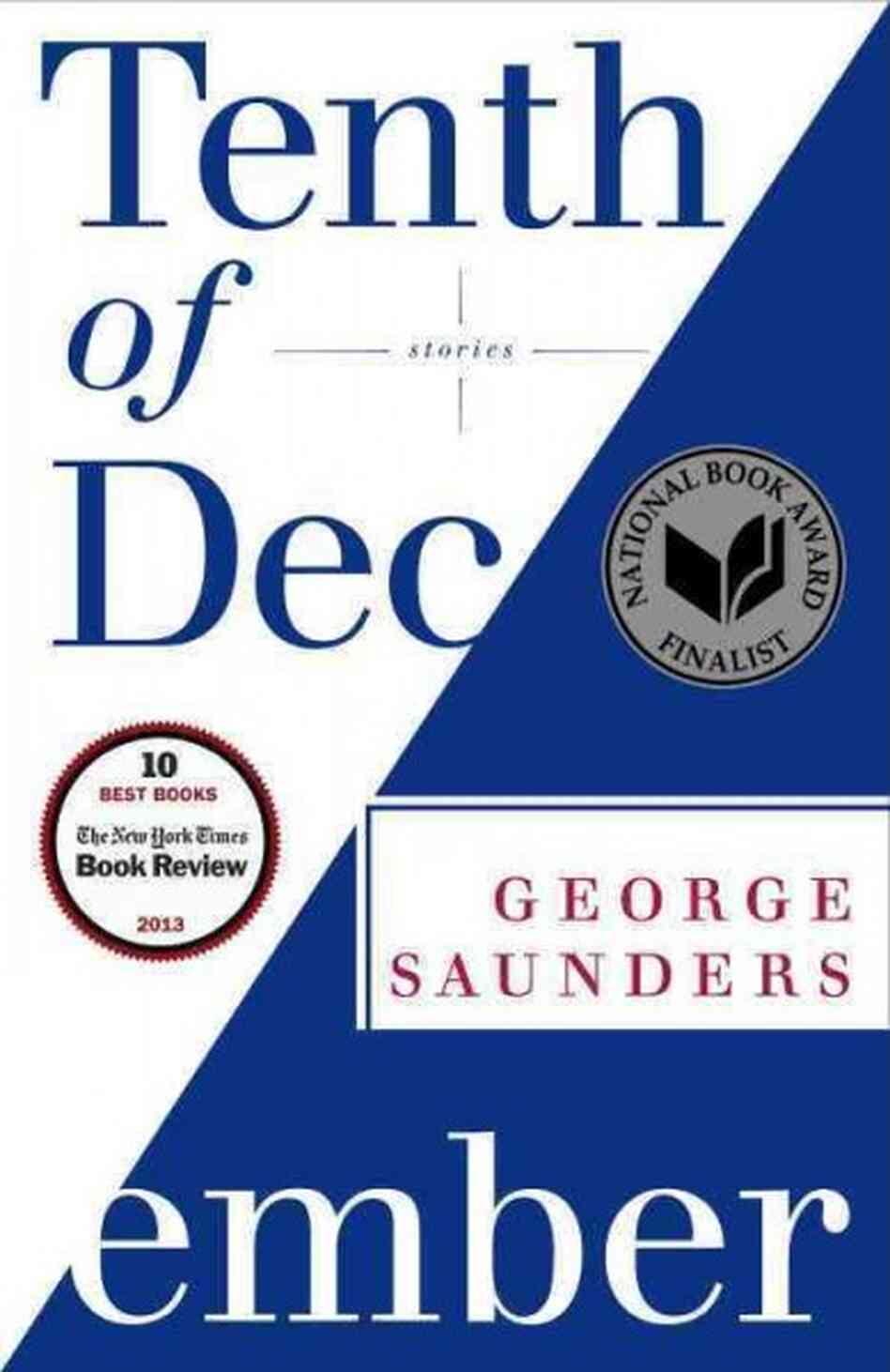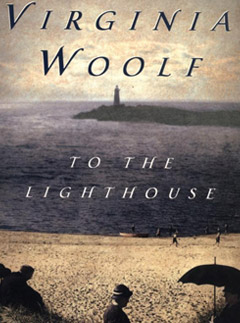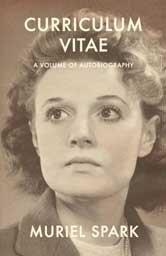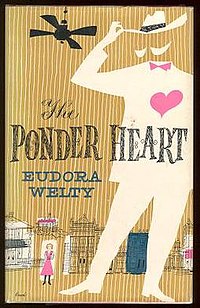"He had four wives altogether and many lovers as well. It was sometimes painful for me to think that to those who followed his life with interest, I was just the early wife, the Paris wife. But that was probably vanity, wanting to stand out in a long line of women."
I was introduced to this historical fiction novel from an episode of Books on the Nightstand where Mclain gives a short talk about her book. It intrigued me because she admits that she was not a fan of Hemingway - at the time I wasn't as well - but in her research she comes around: "Getting to know him in this other way, from Hadley's point of view, was a total revelation...that guy, that egomaniac misogynist I-hate-my-mother and drink too much, he didn't exist yet..." Mclain talks about Hemingway in a loving way that really intrigued me. I have definitely fallen in love a little bit myself. If you have only ever seen old bearded too much sunshine and liquor Hemingway, here is a treat for you:
 |
| Who wouldn't want to call him Big Poppa? |
It begins with a prologue where Hadley introduces her 'memoir.' Even the purest anti-Hemingwayian will know that he was a cheater who had a string of women, so it's no surprise when she says:
"This isn't a detective story - not hardly. I don't want to say Keep watch for the girl who will come along and ruin everything, but she's coming anyway, set on her course..."Nonetheless, this of course made me keep watch. Every time Hemingway flirted (which is often) and every time a female shows up (Gertrude Stein? Zelda Fitzgerald? Duff who Lady Brett Ashley is very much based on?) I wondered, "Will this be her?" Knowing that it's going to happen doesn't make it any less devastating when it does.
The strength of the novel is that if every character's name were changed, it would still be a good read. It's a great story - timid 28-year-old girl meets exuberant and gorgeous boy. They fall madly in love, run off to Paris, hang out with beautiful brilliant people, get drunk, throw up together in chamber pots, and run off for the next adventure. Of course, all the brilliant people happen to be ones that you probably already know: Gertrude Stein, Alice, F. Scott and Zelda Fitzgerald with little Scottie, Sherwood Anderson, Ezra Pound, etc, etc. (which will probably remind you that this is a book rooted in real events with people who really are that interesting and rich and you're not - sorry).
The other issue that it handles well is the idea of being the Famous Artist's partner. Hadley spends a lot of time set off to the side with other partners while the Great Artists talk about Important Stuff. This can be frustrating for Hadley because she's intrigued by these people, but they're not really interested in her. She even self-reflects on how she didn't really understand what she was agreeing to do in this marriage:
"Over and over I'd sworn I'd never stand in the way of his work...but more and more I understood that I didn't know what those promises really meant."In one lovely moment, a friend who is critiquing their marriage says:
'That's my beef with marriage. You suffer for his career. What do you get in the end?"
"The satisfaction of knowing he couldn't do it without me."And he couldn't. Although Hadley is completely absent from The Sun Also Rises (in spite of being there for most of the events which are loosely based on real events and definitely based on real people), the book is and always will bear her name in the dedication.
I have no idea whether serious Hemingway fans would find this interesting or a bunch of fluffy drivel, but I enjoyed it enough that I am going to keep my Hemingway kick going. I feel like it is only fair to him if I read the other side of the story, so next up is A Moveable Feast. If I've got any space left in my heart for Poppa, it's on to A Farewell To Arms.


